KAMPALA, Uganda, June 28 (V7N) – Ugandan President Yoweri Museveni, 80, has formally sought nomination for a seventh term in office, a move that could extend his rule to nearly five decades. Critics warn that Museveni, who first came to power in 1986, has increasingly veered into authoritarianism, suppressing opposition even within his own ruling National Resistance Movement (NRM) party.
Museveni was met by a large crowd of supporters today as he collected his nomination papers from the NRM offices in Kampala, the capital. He has been elected six times previously, with recent elections marred by accusations of violence and vote rigging.
His main challenger in the upcoming January 2026 polls is popular entertainer-turned-politician Bobi Wine, whose real name is Kyagulanyi Ssentamu. Wine has also declared his candidacy. Many of Wine's associates have faced arrest or gone into hiding amidst crackdowns on opposition supporters by security forces. Museveni has consistently dismissed Wine as "an agent of foreign interests" who cannot be trusted with power. Despite numerous arrests on various charges, Wine insists his campaign is nonviolent and has never been convicted.
Decades ago, Museveni himself criticized African leaders who overstayed their welcome. However, Ugandan lawmakers have since removed the constitutional age limits, paving the way for his potential life presidency. Further raising concerns about dynastic rule, his son, army chief Muhoozi Kainerugaba, has openly expressed his desire to succeed his father.
Another long-time opposition figure, Kizza Besigye, a physician and retired military colonel who once led the Forum for Democratic Change party, has been jailed since November on alleged treason charges that his lawyers contend are politically motivated. The prosecution has recently indicated they are ready to present evidence implicating Besigye and co-accused in an alleged plot to overthrow the government, including claims of planning to assassinate President Museveni using drone strikes. Treason carries the death penalty in Uganda.
Uganda has a history of tumultuous political transitions, having never witnessed a peaceful transfer of power since gaining independence from Britain in 1962. The upcoming 2026 election is therefore set against a backdrop of deep-seated political tensions and concerns about democratic integrity.
END/WD/RH/



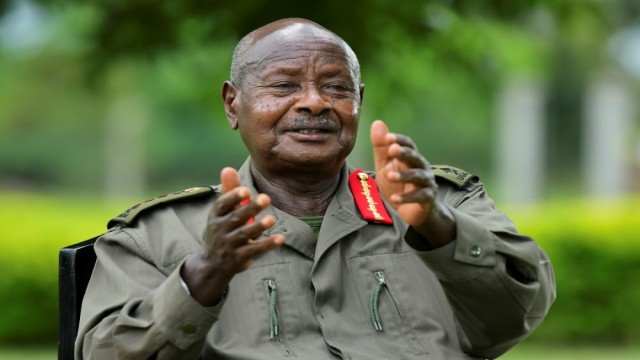



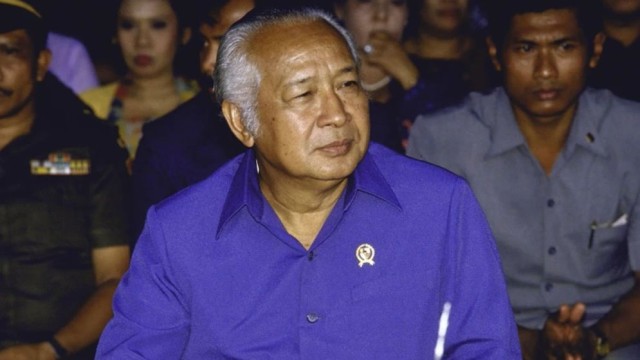
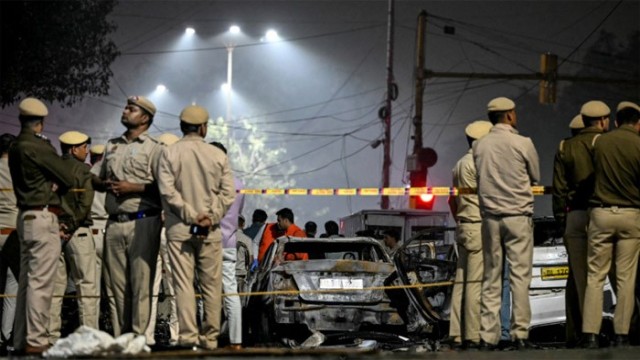

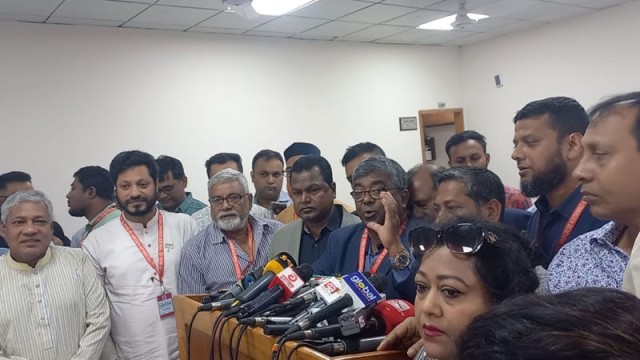

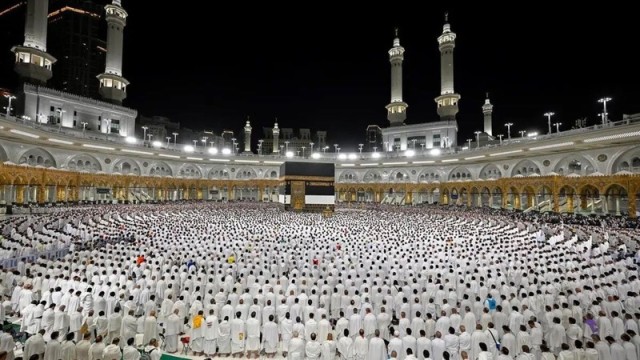

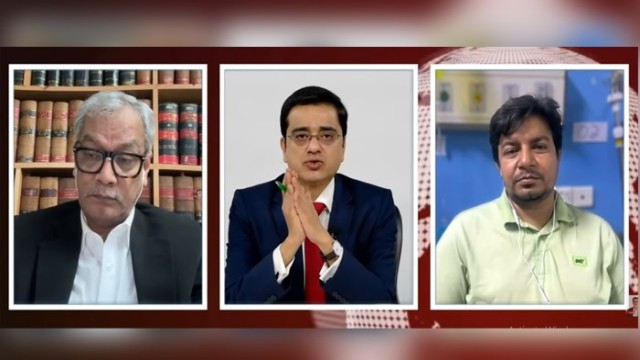







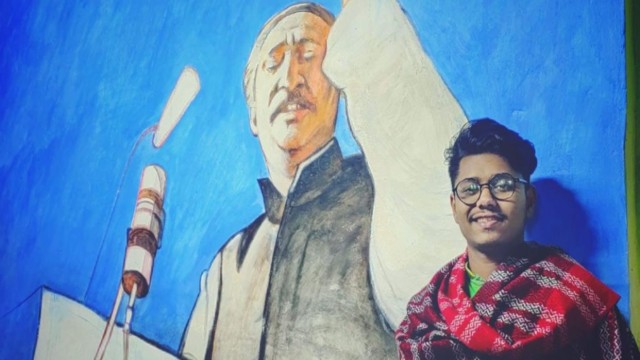
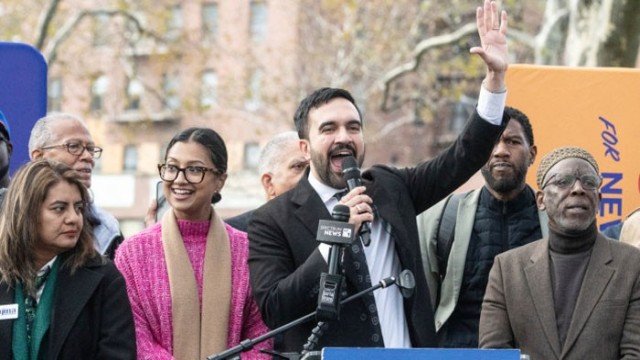





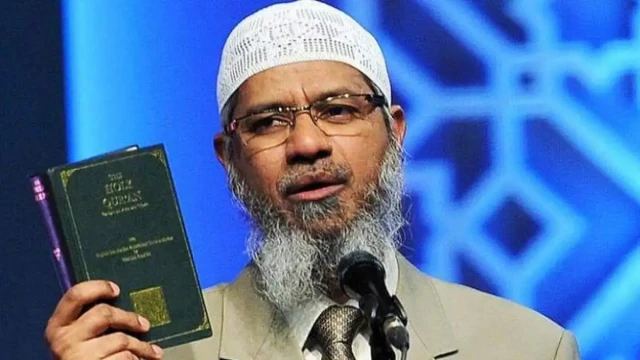
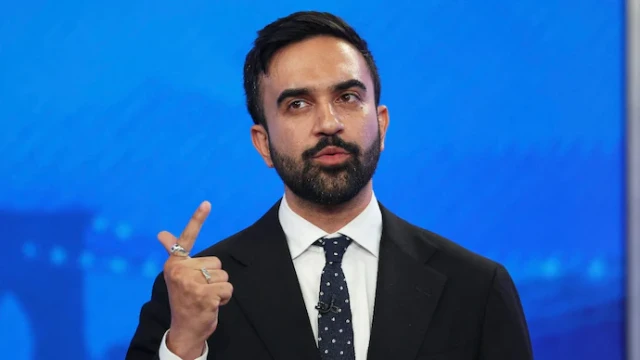
Comment: